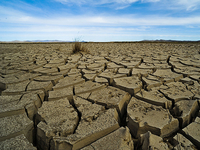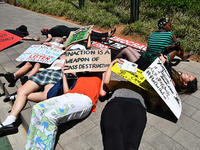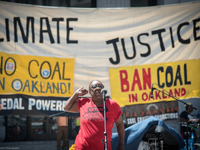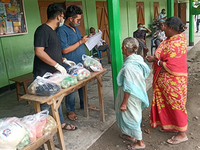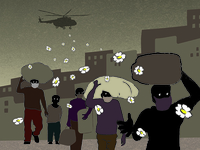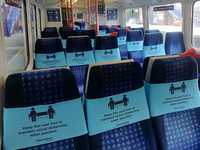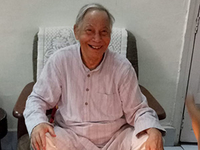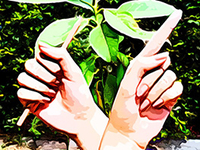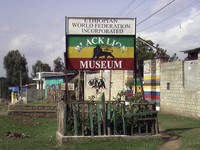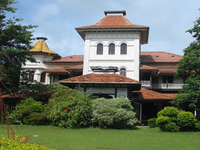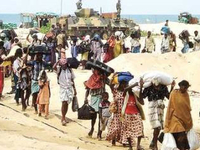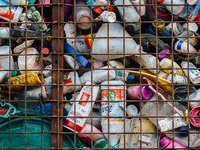GD 10.3 - December 2020
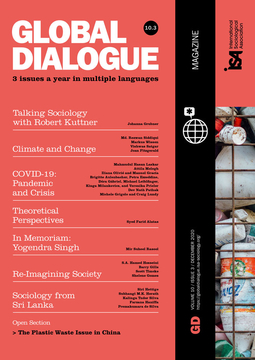
Global Dialogue is available in multiple languages!
Select the language to download the issue.
Editors:
Brigitte Aulenbacher, Klaus Dörre.
Assistant Editors:
Johanna Grubner, Christine Schickert.
Associate Editor:
Aparna Sundar.
Managing Editors:
Lola Busuttil, August Bagà.
Consultants:
Michael Burawoy.
Media Consultant:
Juan Lejárraga.
Consulting Editors:
Sari Hanafi, Geoffrey Pleyers, Filomin Gutierrez, Eloísa Martín, Sawako Shirahase, Izabela Barlinska, Tova Benski, Chih-Jou Jay Chen, Jan Fritz, Koichi Hasegawa, Hiroshi Ishida, Grace Khunou, Allison Loconto, Susan McDaniel, Elina Oinas, Laura Oso Casas, Bandana Purkayastha, Rhoda Reddock, Mounir Saidani, Ayse Saktanber, Celi Scalon, Nazanin Shahrokni.
REGIONAL EDITORS
Arab World: (Tunisia) Mounir Saidani, Fatima Radhouani, Habib Haj Salem; (Algeria) Souraya Mouloudji Garroudji; (Morocco) Abdelhadi Al Halhouli, Saida Zine; (Lebanon) Sari Hanafi.
Argentina: Magdalena Lemus, Juan Parcio, Martín Urtasun.
Brazil: Gustavo Taniguti, Angelo Martins Junior, Andreza Galli, Dmitri Cerboncini Fernandes, Gustavo Dias, José Guirado Neto, Jéssica Mazzini Mendes.
France/Spain: Lola Busuttil.
India: Rashmi Jain, Nidhi Bansal, Pragya Sharma, Manish Yadav.
Indonesia: Kamanto Sunarto, Hari Nugroho, Lucia Ratih Kusumadewi, Fina Itriyati, Indera Ratna Irawati Pattinasarany, Benedictus Hari Juliawan, Mohamad Shohibuddin, Dominggus Elcid Li, Antonius Ario Seto Hardjana, Diana Teresa Pakasi, Nurul Aini, Geger Riyanto, Aditya Pradana Setiadi.
Iran: Reyhaneh Javadi, Niayesh Dolati, Abbas Shahrabi, Sayyed Muhamad Mutallebi, Faezeh Khajehzade.
Kazakhstan: Aigul Zabirova, Bayan Smagambet, Adil Rodionov, Almash Tlespayeva, Kuanysh Tel, Almagul Mussina, Aknur Imankul, Madiyar Aldiyarov.
Poland: Beata Maluchnik, Justyna Kościńska, Jonathan Scovil, Sara Herczyńska, Weronika Peek, Kamil Lipiński, Aleksandra Wagner, Aleksandra Biernacka, Jakub Barszczewski, Adam Müller, Zofia Penza-Gabler, Iwona Bojadżijewa.
Romania: Raluca Popescu, Raisa-Gabriela Zamfirescu, Diana Alexandra Dumitrescu, Iulian Gabor, Bianca Mihăilă, Alexandra Mosor, Maria Stoicescu.
Russia: Elena Zdravomyslova, Anastasia Daur, Valentina Isaeva.
Taiwan: Wan-Ju Lee, Hung Tsung Jen, Tao-Yung Lu, Po-Shung Hong, Yu-Chia Chen, Yu-Min Huang, Yu-wen Liao, Bun-Ki Lin.
Turkey: Gül Çorbacıoğlu, Irmak Evren.
GD 10.3 - December 2020
Editorial
The section ‘Talking Sociology’ features an interview with the most renowned journalist Robert Kuttner, who reads Karl Polanyi’s work for today. Starting from the political and economic situation at the beginning of the twentieth century the interview discusses current trends in globalization, the need for strong national economies to strengthen democratic decision making, and issues of inclusion and exclusion in times of increasing international migration.
Our first symposium takes up one of the pressing issues of our time: climate change. On the one hand, the articles discuss social effects of climate change that are not readily associated with ecological issues, such as questions of democracy and migration. On the other hand, contributions featured in this section sketch possible alternatives to further environmental destruction through capitalism.
As we write, the COVID-19 pandemic and its impacts still dominate much of the world, albeit in different ways. It is for this reason that we again included a section on COVID-19 to collect analyses from around the globe. With contributions from India and Europe on issues ranging from live-in care, charity, and migration to the possibilities of public sociology during lockdown this special section offers a glimpse into the current discussions in our field.
The COVID-19 crisis is also the starting point for Syed Farid Alatas’ profound reflection on the role and impact of sociological thought and theory in the broader society.
This issue features a tribute to Yogendra Singh, a pioneer of Indian sociology who passed away this year. His research on modernization and tradition in post-colonial India was groundbreaking.
Three contributions aim at re-imagining society and reflect on the current developments as well as on the significance of sociology. S.A. Hamed Hosseini and Barry Gills take up a transformative perspective while Shelene Gomes and Scott Timcke discuss how to approach society from a sociological perspective.
Our regional focus in this issue highlights sociological research from Sri Lanka. Put together by Siri Hettige, this section highlights the vibrant discipline in this country, on issues ranging from the examination of violent conflicts in Sri Lanka to the question of unity and provides insights into the history of sociology and anthropology in the country.
The ‘Open Section’ comes back to the issue of globalization and ecological disasters by discussing the plastic waste crisis in China.
Brigitte Aulenbacher and Klaus Dörre, editors of Global Dialogue.
Global Dialogue can be found in multiple languages.
Submissions should be sent to globaldialogue@isa-sociology.org.


